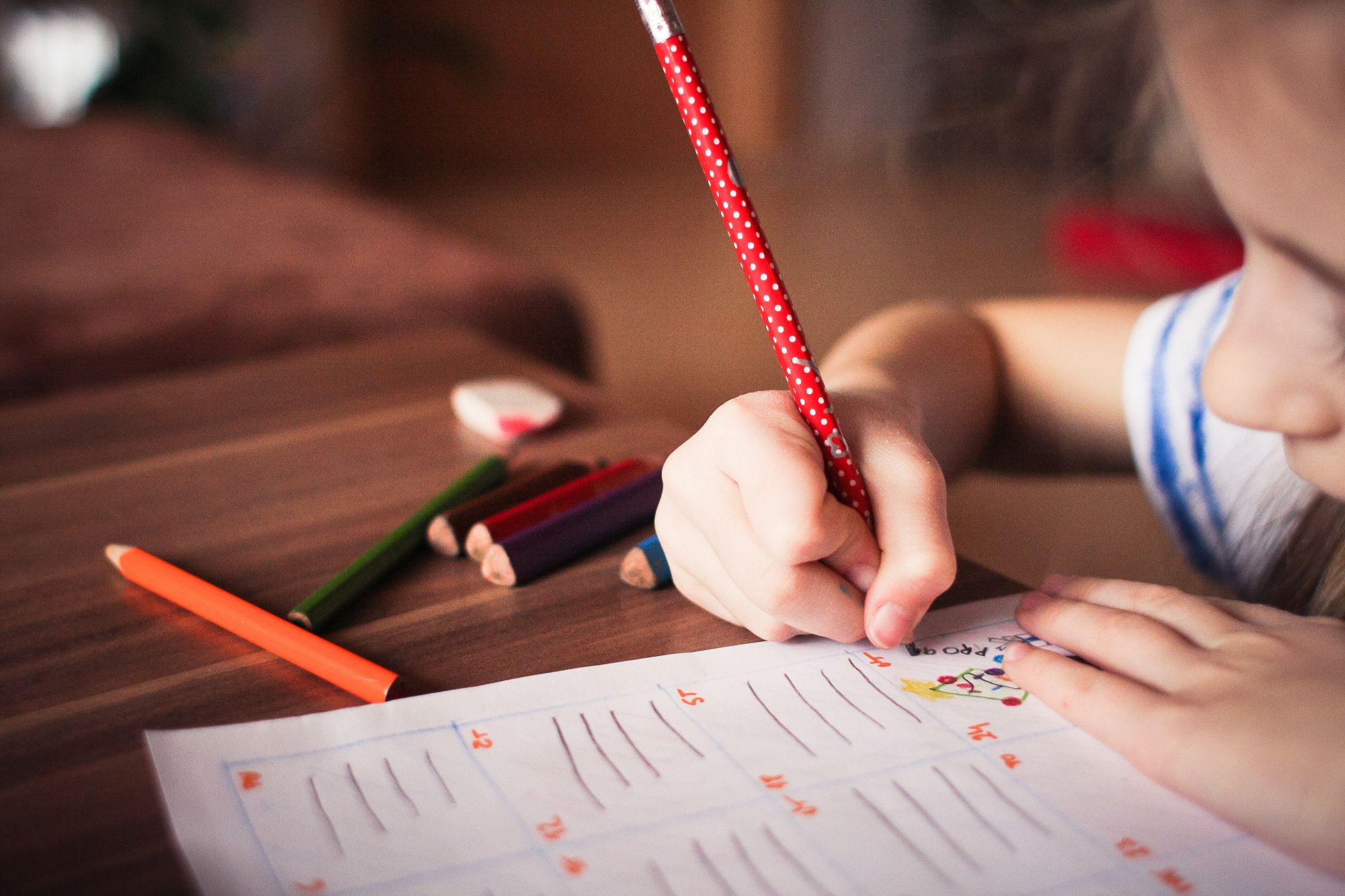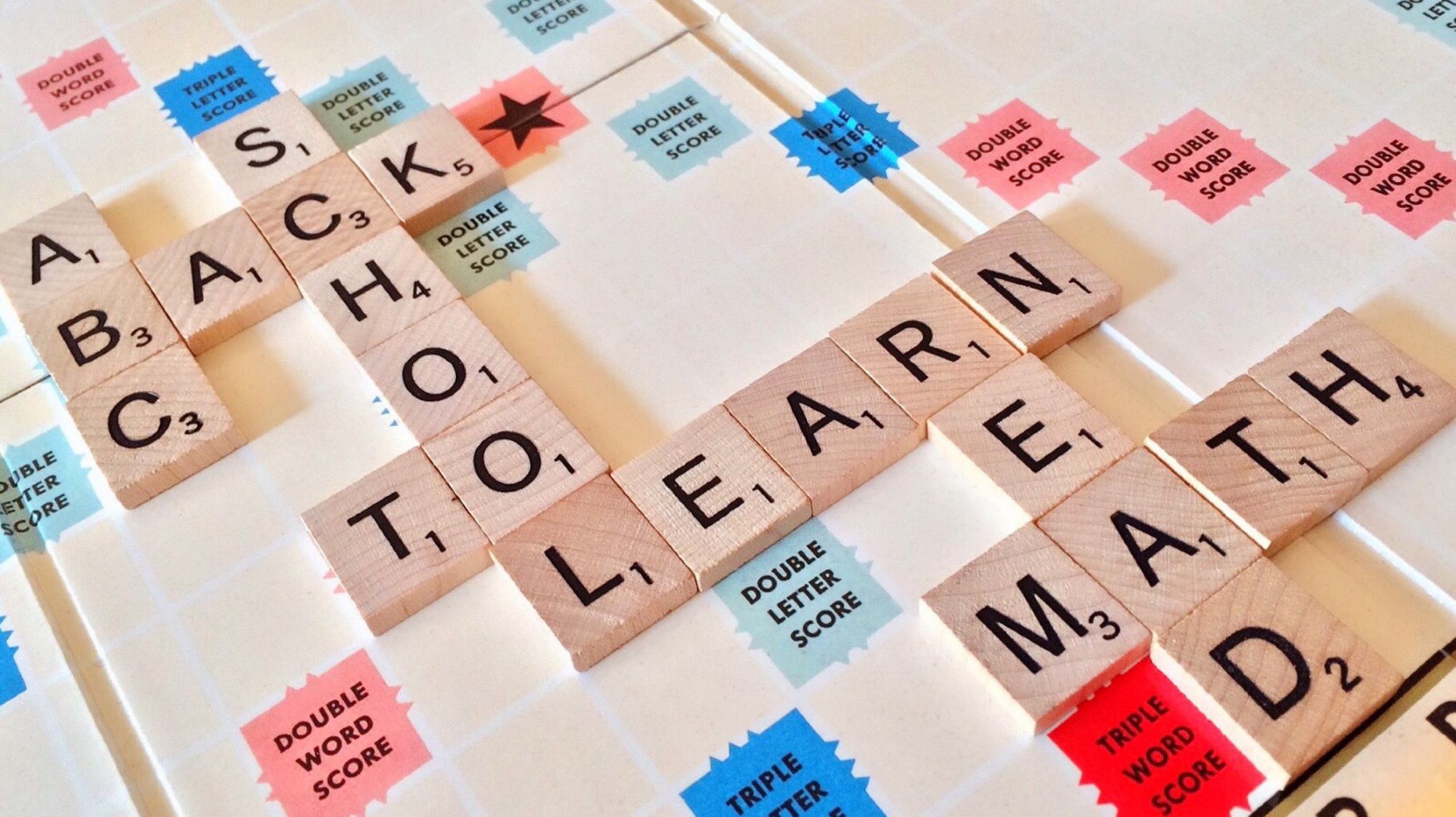We take a closer look at the all play and little homework mentality
If you think a good education consists of as much academic work as possible, lots of competition and plenty of tests, then a trip to Helsinki will offer a fresh perspective. Finland instituted a radically different approach to education in 1971, and has been gradually refining it since.
The system emphasises co-operation rather than competition and focuses heavily on play—with no formal education until age seven and at least 15 minutes of play for every 45 minutes of formal education after that.
See also: Hong Kong Tatler's Schools Guide 2018
Teachers have a huge amount of autonomy, including responsibility for assessing students, with almost no formal standardised tests.
There is very little homework and children of all abilities are taught together, with a focus on special education, working intensively with children with learning or behavioural difficulties—30 percent of kids receive special help at some point.

It seems to work. Finland consistently sits at or near the top in subjects like reading, maths and science in the Programme for International Student Assessment run by the Organisation for Economic Co-operation and Development, a standardised test taken by 15-year-olds in more than 70 countries that is widely used to steer education policies.
The test also revealed that the differences between the best and the worst students are the smallest in the world.
See also: Top 7 Trends In Primary Education



